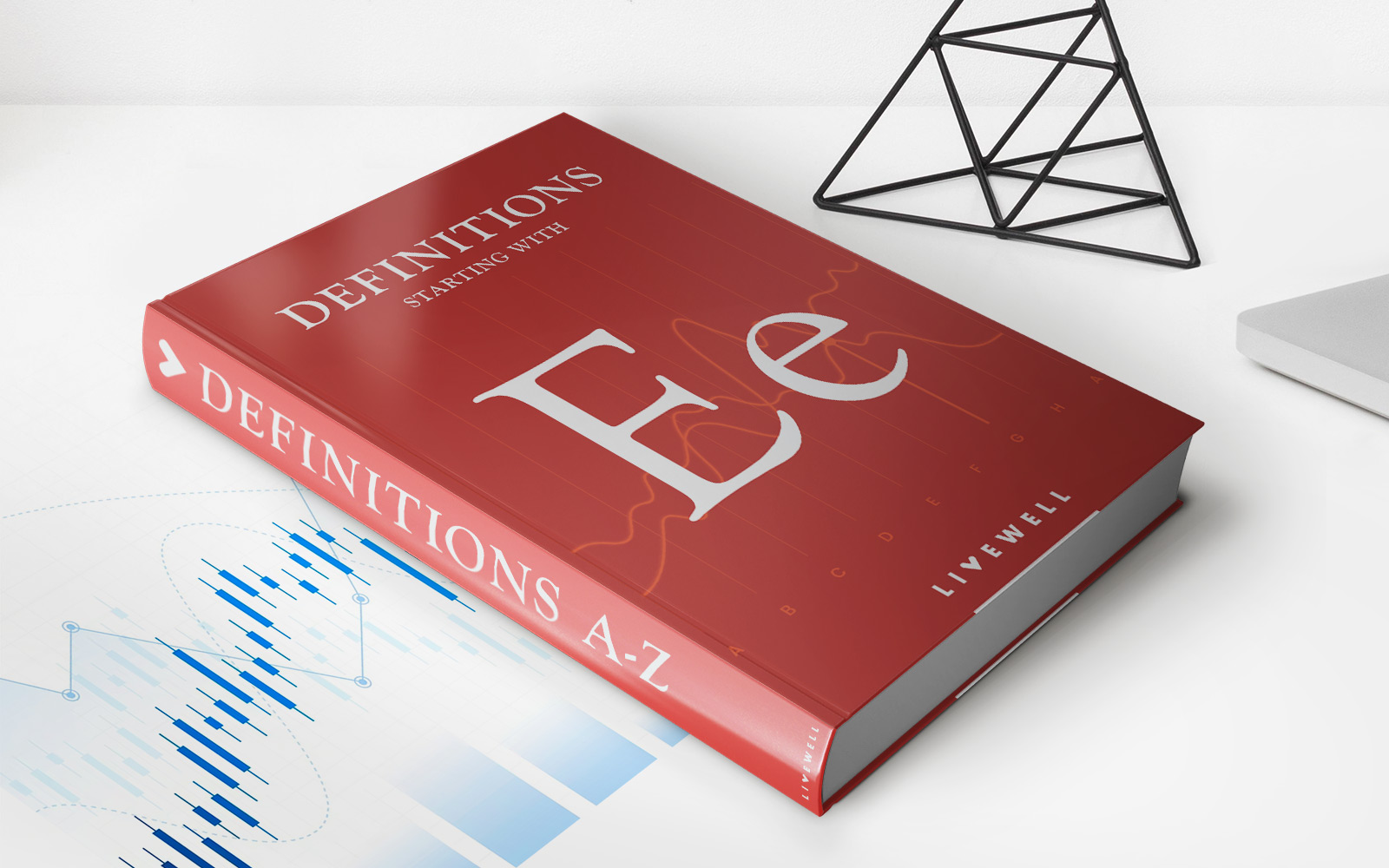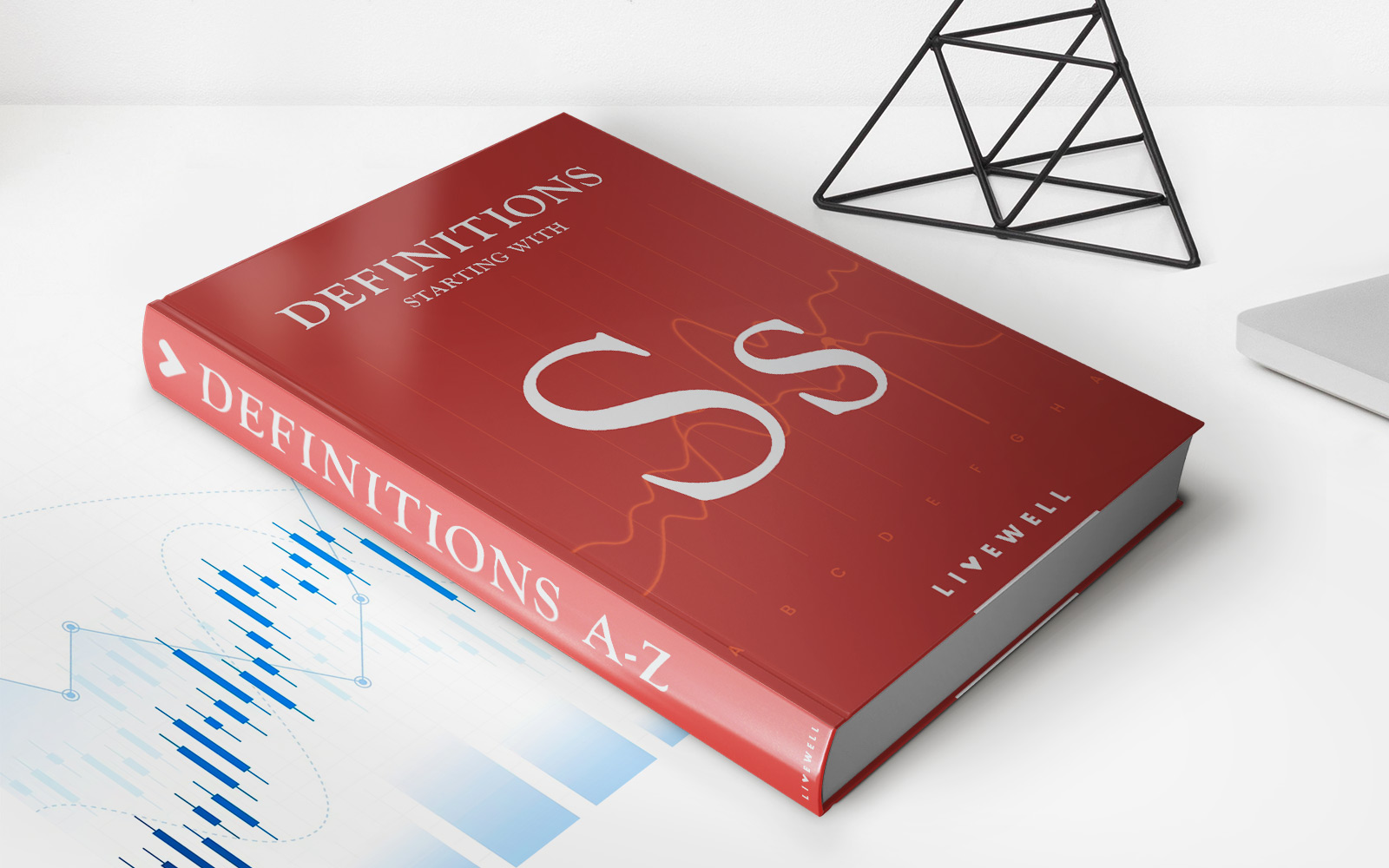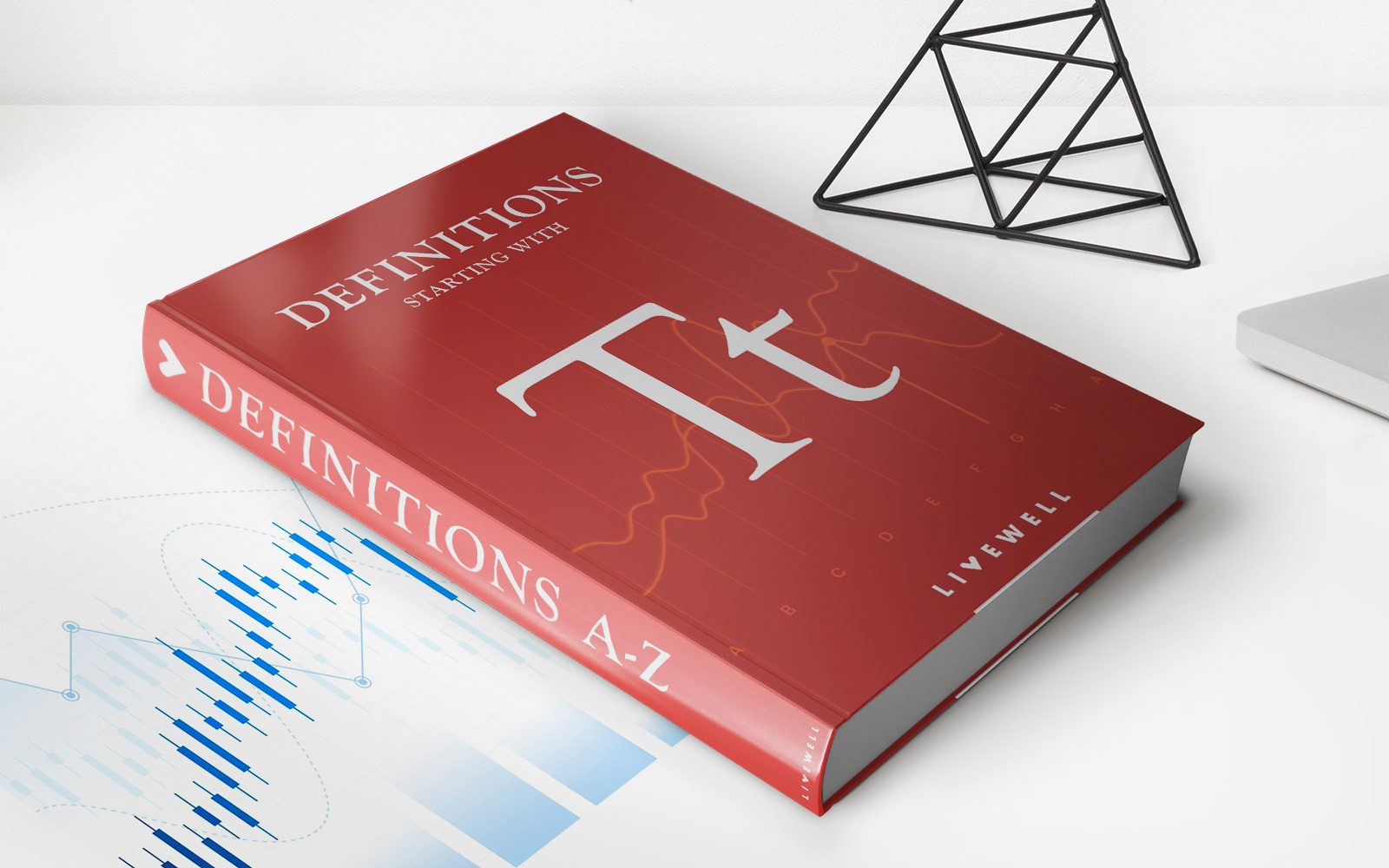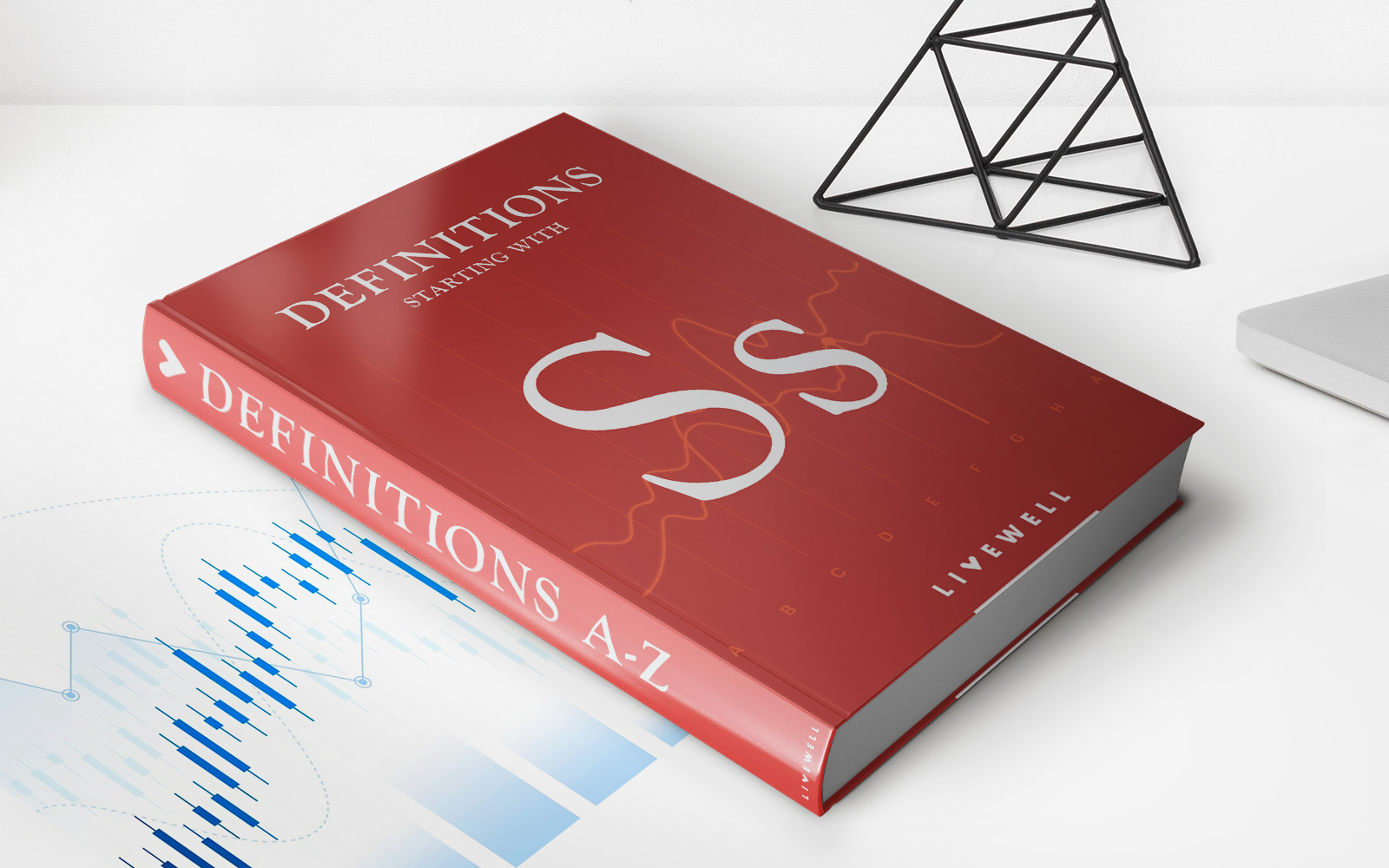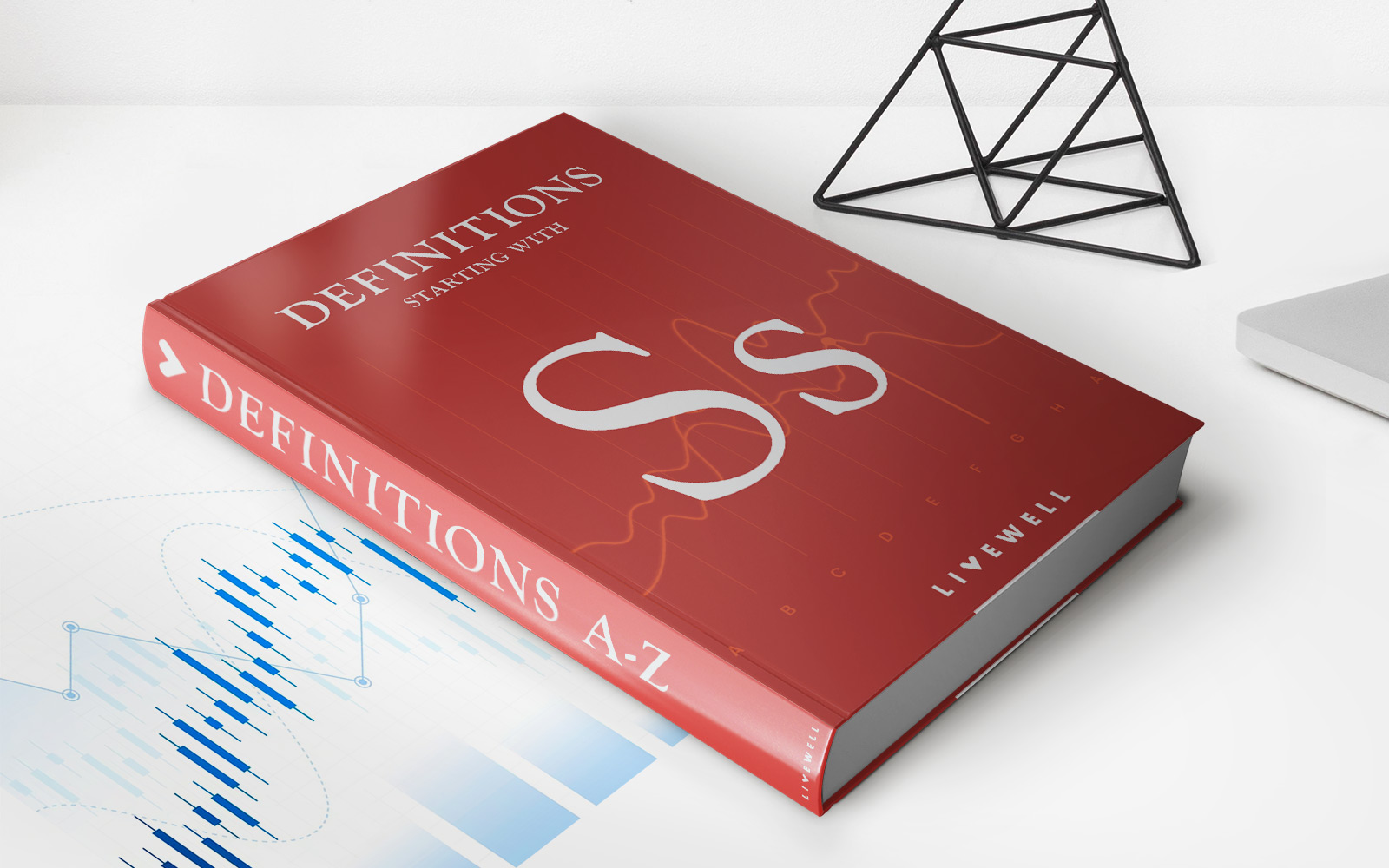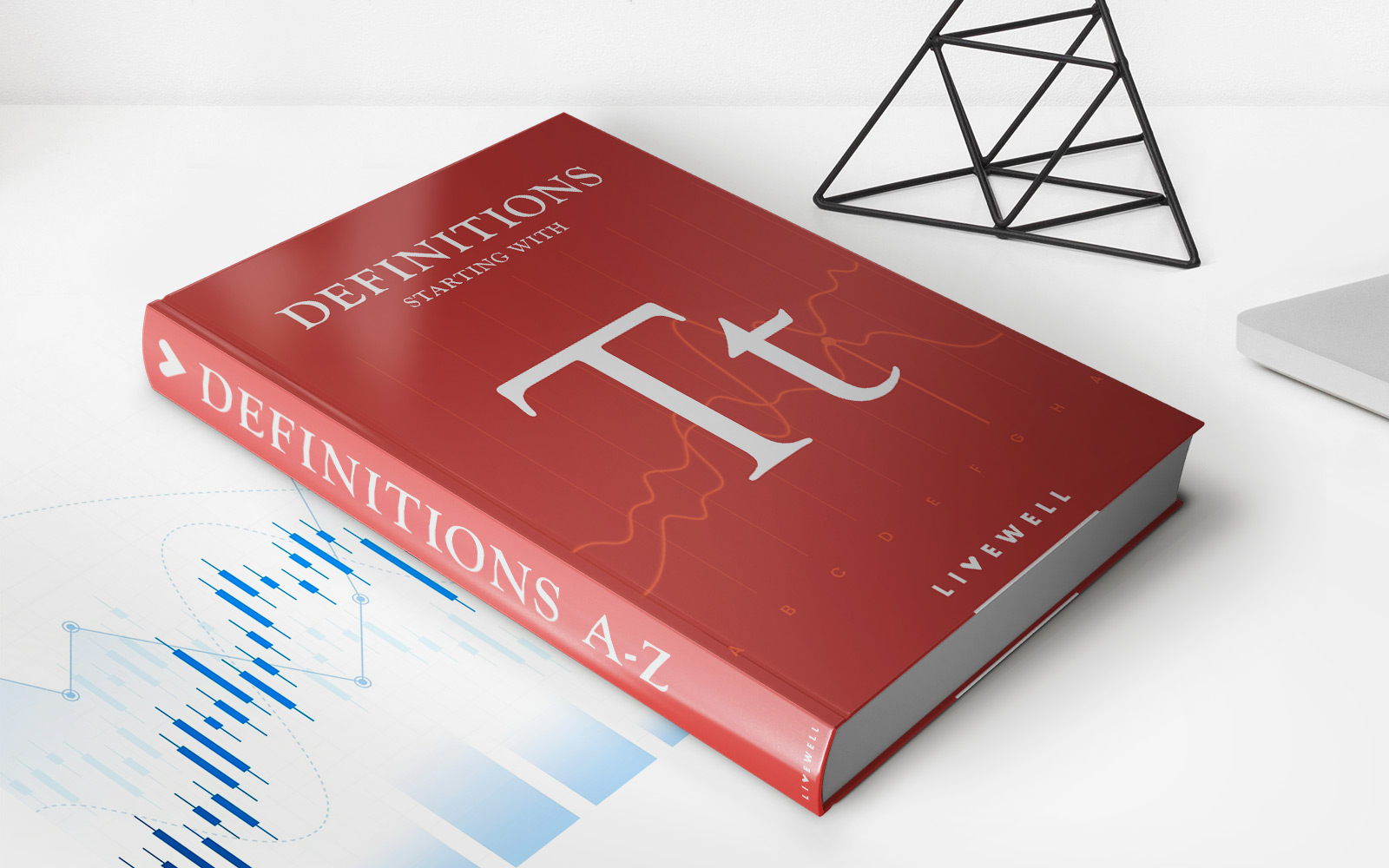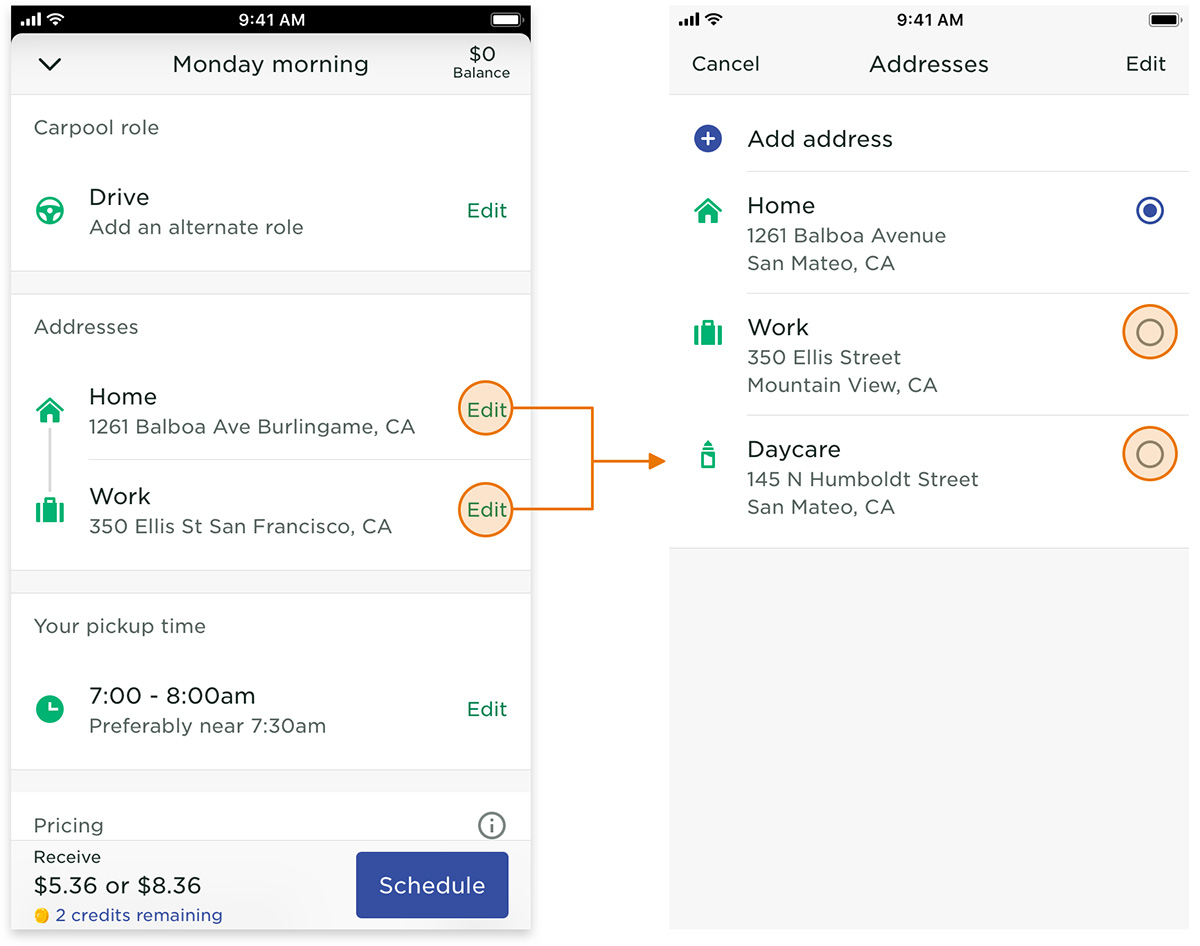Home>Finance>What Is A Forward Swap? Definition, How They Work, And Benefits


Finance
What Is A Forward Swap? Definition, How They Work, And Benefits
Published: November 28, 2023
Discover the definition, mechanics, and advantages of forward swaps in finance. Learn how they work and the benefits they offer to investors.
(Many of the links in this article redirect to a specific reviewed product. Your purchase of these products through affiliate links helps to generate commission for LiveWell, at no extra cost. Learn more)
Unlocking the Benefits of Forward Swaps in Finance
Finance is a multifaceted industry that offers a variety of tools and strategies to help individuals and businesses manage their money effectively. One such tool that plays a crucial role in mitigating financial risks and optimizing returns is the forward swap.
Key Takeaways:
- Forward swaps are financial instruments that help entities manage their exposure to interest rate fluctuations.
- These derivatives involve an agreement between two parties to exchange cash flows based on the difference between fixed and floating interest rates.
Now, you might be wondering, what is a forward swap? Simply put, a forward swap is a financial contract between two parties that enables them to exchange future cash flows based on the difference between fixed and floating interest rates. This contract serves as a means of hedging against the potential risks associated with interest rate volatility.
Let’s dig a bit deeper into how forward swaps actually work. Essentially, the parties involved agree to exchange cash flows at a future date, the maturity date, based on the interest rate differentials at that time. One party agrees to pay a fixed interest rate, while the other party pays a floating interest rate. The key here is that both parties benefit from the swap, as their individual risk exposures are diversified.
So, what are the benefits of utilizing forward swaps?
- Risk Management: Forward swaps allow entities to hedge against interest rate fluctuations, reducing the impact of these changes on their financial positions. By locking in an agreed-upon interest rate, parties can plan and budget more effectively.
- Customization: These derivatives offer flexibility in terms of the contract duration, allowing parties to tailor the swap to meet their specific needs. This adaptability is particularly useful when entities have unique cash flow requirements or risk tolerances.
Forward swaps play a significant role in modern finance, enabling individuals and businesses to better manage their interest rate exposure and reduce potential risks. It’s essential to note, however, that engaging in forward swaps requires a thorough understanding of the underlying principles and potential risks involved. As with any financial instrument, it’s advisable to consult with a qualified financial professional before entering into a forward swap agreement.
In conclusion, forward swaps are powerful tools that help entities effectively manage their interest rate risks. By understanding their benefits and how they work, you can make informed decisions to optimize your financial strategies and protect your bottom line.
